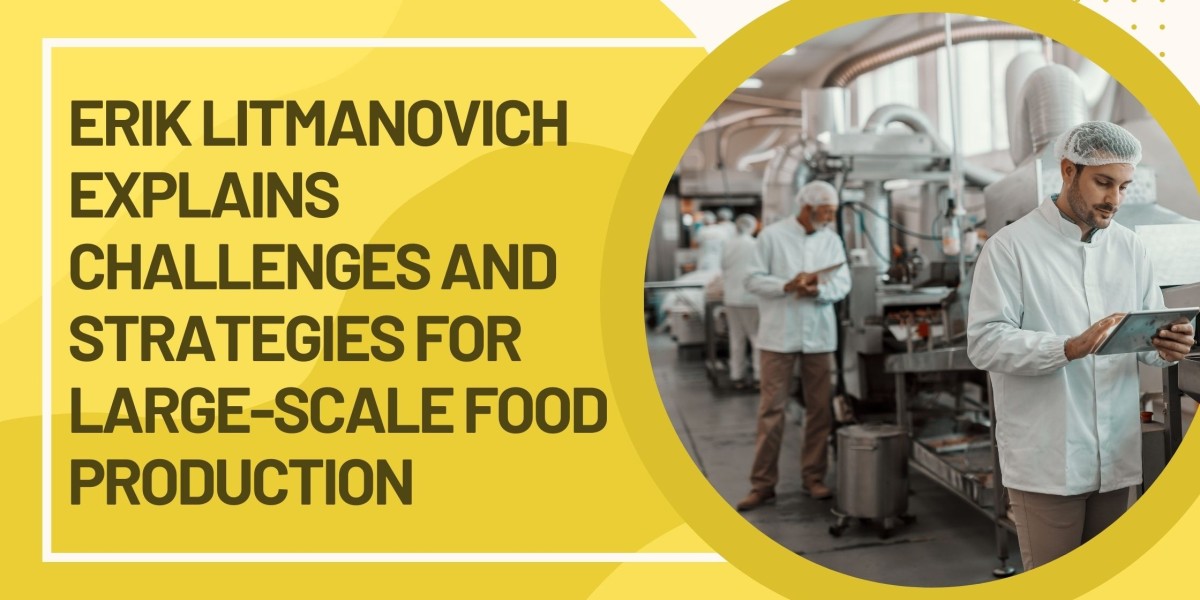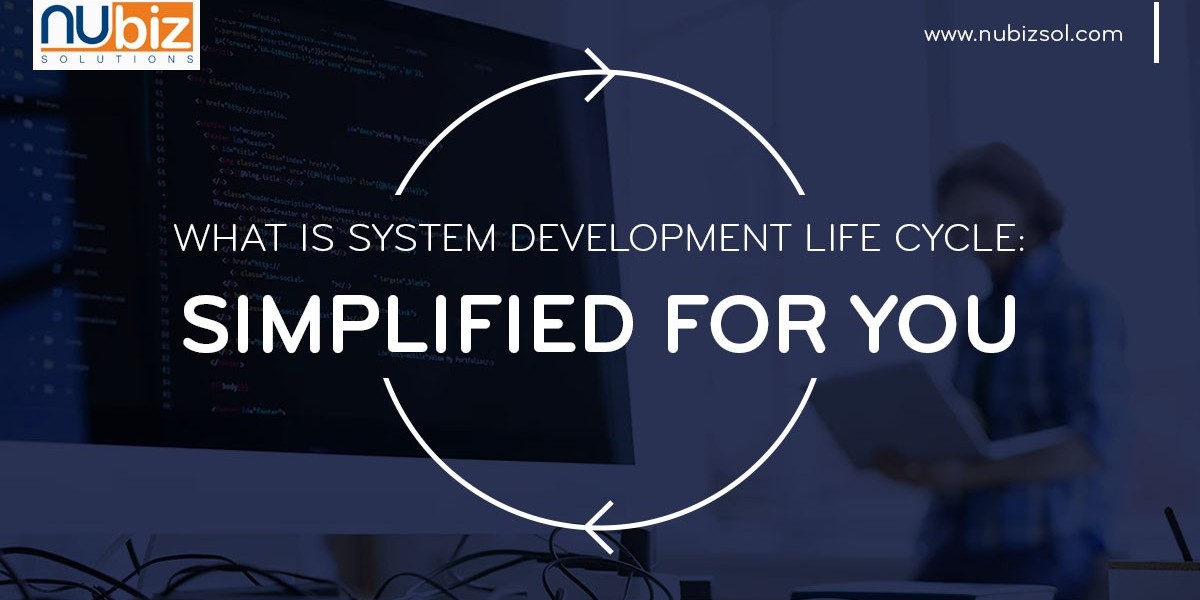In a world with a growing global population and increasing demand for food, large-scale food production has become a critical component of our modern agricultural systems. To understand the challenges and strategies involved in this complex endeavor, we turn to the insights of Erik Litmanovich, an expert in sustainable agriculture and food production. Litmanovich sheds light on the key issues facing large-scale food production and offers innovative strategies to address them.
Challenges in Large-Scale Food Production:
Resource Scarcity: One of the primary challenges in large-scale food production is the scarcity of vital resources, such as land and water. The pressure on these resources intensifies as the global population continues to rise. Litmanovich emphasizes the need for sustainable land management practices and efficient water usage to mitigate this challenge.
Environmental Impact: Large-scale food production can have a significant environmental impact, including deforestation, soil degradation, and greenhouse gas emissions. Erik Litmanovich advocates for adopting regenerative agricultural practices that prioritize soil health and reduce the carbon footprint of food production.
Food Security: Ensuring food security for a growing global population is a daunting challenge. Litmanovich highlights the importance of crop diversity and resilient supply chains to prevent food shortages during unforeseen events like pandemics or climate-related disasters.
Technological Advancements: While technology has the potential to revolutionize large-scale food production, it also presents challenges, such as the digital divide and data security concerns. Litmanovich suggests investing in technology that promotes inclusivity and safeguards data to harness its benefits fully.
Strategies for Large-Scale Food Production:
Sustainable Farming Practices: Erik Litmanovich emphasizes adopting sustainable farming practices, such as no-till farming, crop rotation, and cover cropping. These techniques enhance soil health, reduce erosion, and minimize the need for synthetic fertilizers and pesticides.
Precision Agriculture: Utilizing data-driven precision agriculture techniques can optimize resource allocation, reducing waste and increasing overall productivity. Litmanovich recommends the integration of sensors, drones, and artificial intelligence to make informed decisions in real-time.
Vertical Farming: Vertical farming offers land scarcity solutions by growing crops indoors in controlled environments. Litmanovich suggests expanding investments in vertical farming technologies to produce high-quality crops year-round while conserving land and water resources.
Agroforestry: Integrating trees and shrubs into agricultural landscapes through agroforestry practices can enhance biodiversity, improve soil fertility, and sequester carbon. Litmanovich encourages the incorporation of agroforestry systems into large-scale food production.
Supply Chain Resilience: Building resilient supply chains is crucial for food security. Litmanovich advises diversifying sources of agricultural inputs and establishing local food systems to reduce dependency on global supply chains.
Investment in Research and Development: Erik Litmanovich stresses the importance of continuous research and development efforts to create innovative solutions for large-scale food production. This includes developing drought-resistant crop varieties, disease-resistant livestock, and sustainable food packaging materials.
Education and Training: To address the challenges of large-scale food production, there is a need for education and training programs to equip farmers and agricultural professionals with the knowledge and skills required to implement sustainable practices effectively.
Policy Support: Governments and international organizations play a crucial role in shaping the future of food production. Litmanovich urges policymakers to implement incentives and regulations that promote sustainable agriculture, protect natural resources, and ensure equitable access to food.
In conclusion, large-scale food production faces numerous challenges in the 21st century, from resource scarcity to environmental impact and food security. Erik Litmanovich's insights provide a roadmap for addressing these challenges through sustainable farming practices, technological advancements, and policy support. By embracing innovation and adopting responsible agricultural methods, we can work towards a more resilient and sustainable food system that meets the needs of our growing global population.








